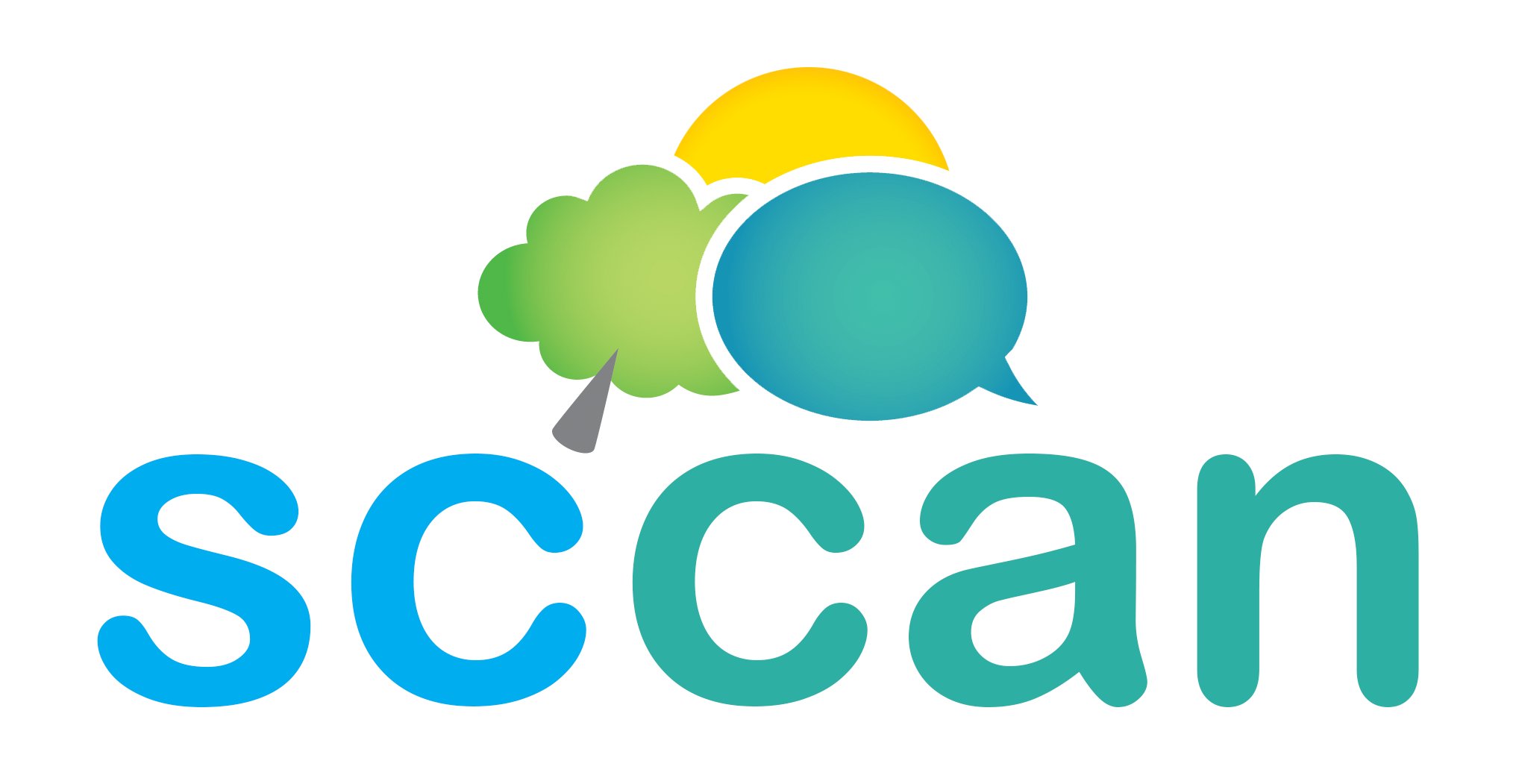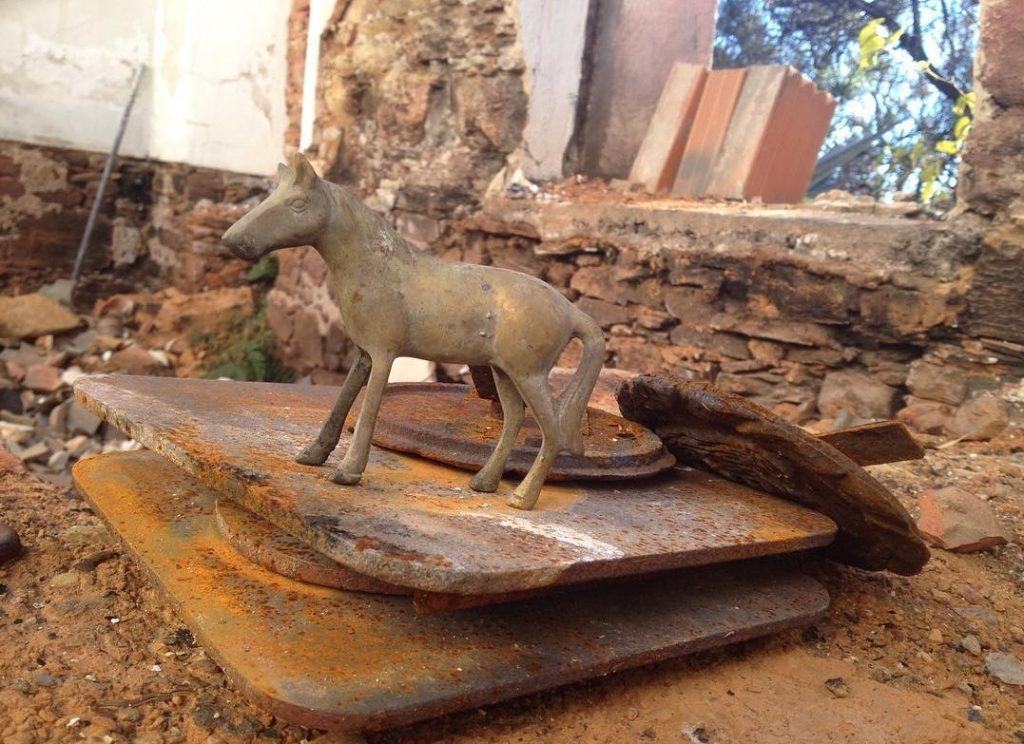Small metal horse statue in the post-fire wreckage, Pedrógão Grande, Portugal, 2018
Why did I get into community climate action?
From 2017 to 2019 in Pedrógão Grande, Portugal, I watched a community break after a wildfire.
Simultaneously a national and a foreigner, it comforts me to believe that I did the best I could. I wasn’t a mere observer and documentary writer – I lived the catastrophe and the post-fire with the community. For every day I spent there I felt a part of it, and I felt crushed by a malfunctioning system and corrupt local authorities that failed the people who they are hired to serve and protect.
When I left for my new home Scotland, the spirits of the survivors were low, some of them very ill, and the dreams of sustainable strong communities in the face of climate disasters that we all fed each other for two years were shattered. These people were remarkable, knowledgeable, generous – why couldn’t they lead?
I turned the animal characters in my book inspired by these amazing people into the leaders of the communities, the ones that rise to the challenge of leadership and guidance after (literally) clearing out the post-fire wreckage while a tyrannical governor pedals fantasies of power. Just like the children that I hope one day can enjoy this story, I too wished that a lot of what I read in books would come true.
I will lift my Story Weaver hat off for a moment – I’m very scared of climate disasters, I’m scared that they break our homes and that they break our spirits and our trust in each other. And so – hat on again – I want people to share stories with each other, to share knowledge and tools but also how they feel and what they think about what is going on. I want them to truly trust themselves and to trust each other again, to trust that we can have each other’s best interests at heart because seriously, we are only really safe when everybody is safe.
I enjoy imagining my brain as part of my community’s collective intelligence but not in a creepy dystopian Science-Fiction way – that is interesting and cool to imagine too but not the most appropriate metaphor. I like to imagine it as a beehive of knowledge and experiences that get passed around to build this hive that is sustainable, resilient, and strong in the face of disasters, factoring in the well-being of everyone while regenerating nature.
In “The Language of the Night: Essays on Fantasy and Science Fiction”, Ursula K. Le Guin – one of my ultimate writer heroes – and Susan Wood wrote, “There have been great societies that did not use the wheel, but there have been no societies that did not tell stories.” We invented and made so many outstanding things. All of them appeared first in our wildest dreams, our stories – the stories we told each other around the fire, the stories we read on a book, heard on the radio, or watched on a screen.
I believe there are a set of solutions to prevent what I witnessed in Pedrógão Grande after the wildfires from happening to our communities in Scotland. I believe that some of these solutions rely on telling and learning each other’s stories to be able to imagine a future together towards which we will journey.
I am here to share those stories.
“To see that your life is a story while you’re in the middle of living it might be a way to help living it well.”
Ursula K. Le Guin (2006). “Gifts”, p.25, Houghton Mifflin Harcourt

